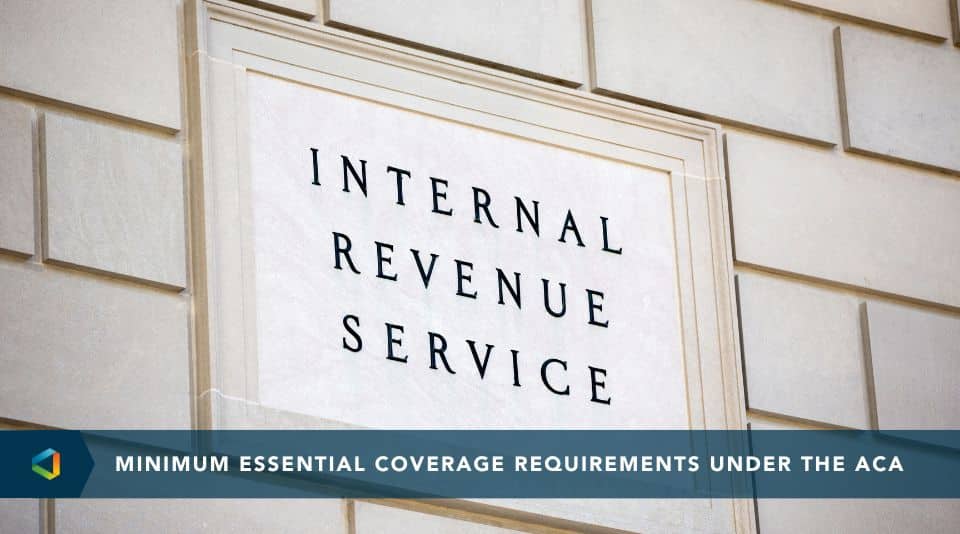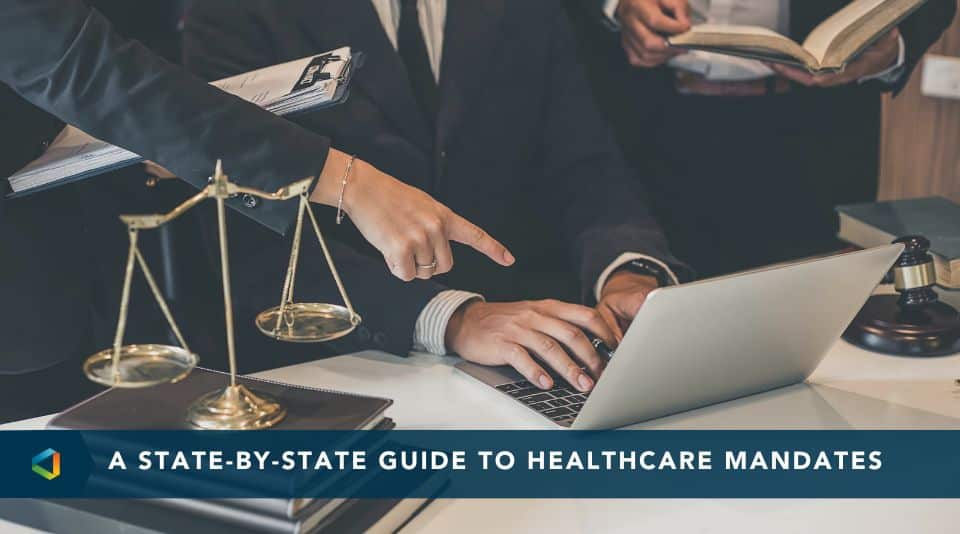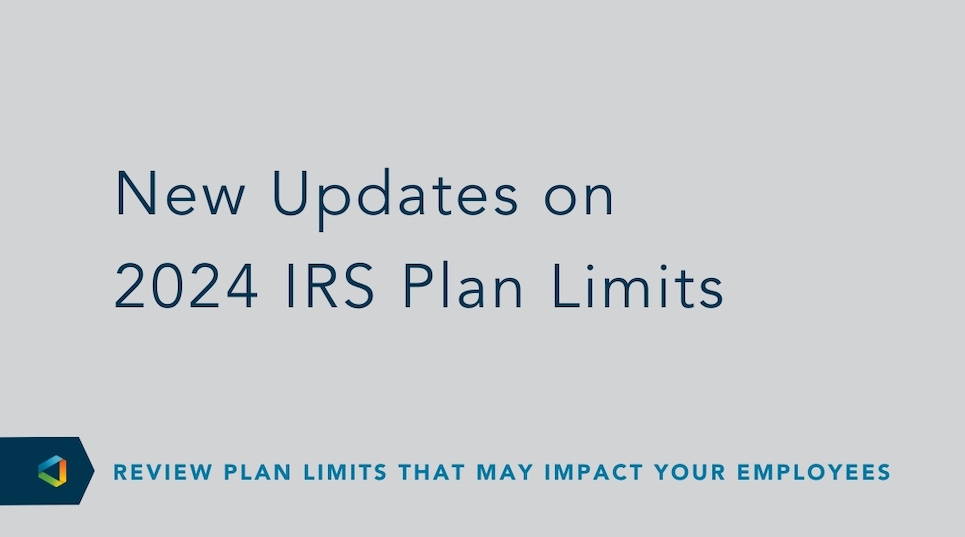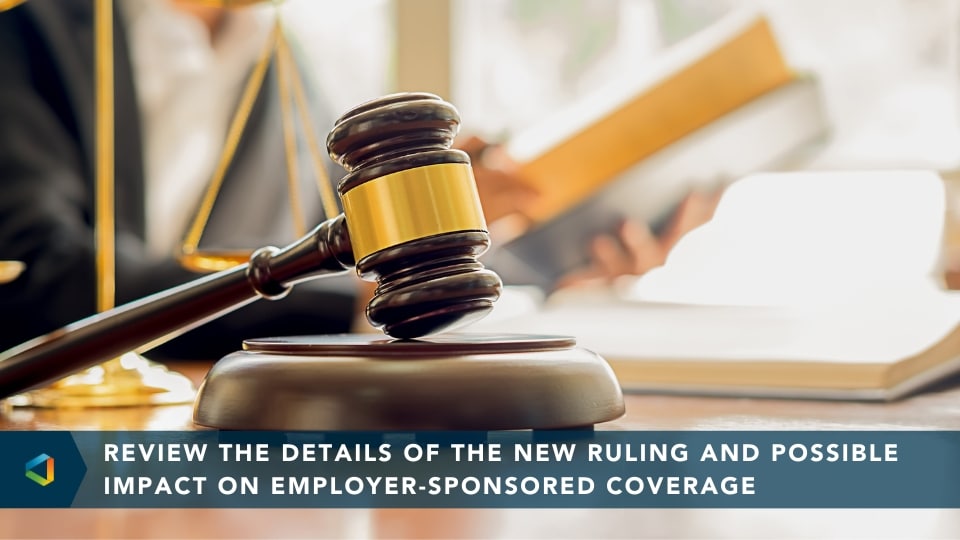Compliance Confidence
The Future of the Affordable Care Act (ACA): Ongoing Developments in the Constitutionality Challenge
The Future of the Affordable Care Act (ACA): Ongoing Developments in the Constitutionality Challenge
The debate on the constitutionality of the individual mandate and the Affordable Care Act (ACA) itself began shortly after the 2010 passage of the ACA.
Opponents of the requirement for individuals to maintain minimum essential coverage or pay an individual shared responsibility payment state that this is an overreach of Congress’ under the Commerce Clause. The Supreme Court of the United States (SCOTUS), hearing the case in 2012, rules the individual mandate unconstitutional on the basis that it is a tax and taxation falls within the role and responsibility of Congress.
In 2017, the Tax Cuts and Jobs Act incorporates a measure to reduce the penalty, for non-compliance with the individual mandate, to $0, effectively negating the mandate. On the heels of this change, 20 States again challenges the constitutionality of the ACA individual mandate. In September 2018, the U.S. Federal District Court judge hears the case.
More details are available in previous articles:
- The Future of the Affordable Care Act (ACA)
- ACA Watch 2019 | Constitutionality of the Affordable Care Act (Texas v. Azar)
- ACA Watch 2019 | Constitutionality of the Affordable Care Act
The judge, providing a final ruling in December 2018, agrees with the plaintiffs that the individual mandate is unconstitutional. Additionally, the judge finds that the entire ACA is unconstitutional due to the fact that this provision is essential to, and inseverable from, the rest of the ACA. To remove the provision impairs the ability of the ACA to function. Anticipating the defendants to appeal, the judge grants a stay–meaning during and until the courts reach a final verdict, the ACA will remain the law of the land.
The House Democrats (defendants) appeal. The Appeals Court hears arguments in July of 2019. In December 2019, the Appeals Court agrees with the lower court judge that the ACA’s individual mandate is unconstitutional and bases the decision on the Supreme Court’s original 2012 finding.
The Appeals Court agrees with the SCOTUS 2012 decision and finds the provision unconstitutional under the Commerce Clause because:
- taxpayers file their tax returns and make these payments to the Treasury;
- the calculation, assessment, and collection happen in the same manner as taxes;
and - they produce some revenue for the government as do any other taxes.
The Appeals Court then remands the case back to the District Court, asking them for details on severability, namely, which provisions of the ACA cannot stand when the individual mandate falls. Unhappy with this turn of events, the defendants request the Supreme Court hear the case in this term and decide the fate of the ACA once and for all. The plaintiffs are not in favor of any acceleration to hear the case.
On January 21, 2020, the SCOTUS confirms it will not expedite the case but will determine, later this year, whether or not it will hear the case as is or allow the process to continue. This would mean letting the lower court bring back any ACA provisions that can stand in the absence of the individual mandate, and letting events play out from there. Therefore, it is more likely that this will be heard in the next term. In the interim, the ACA remains effective.




